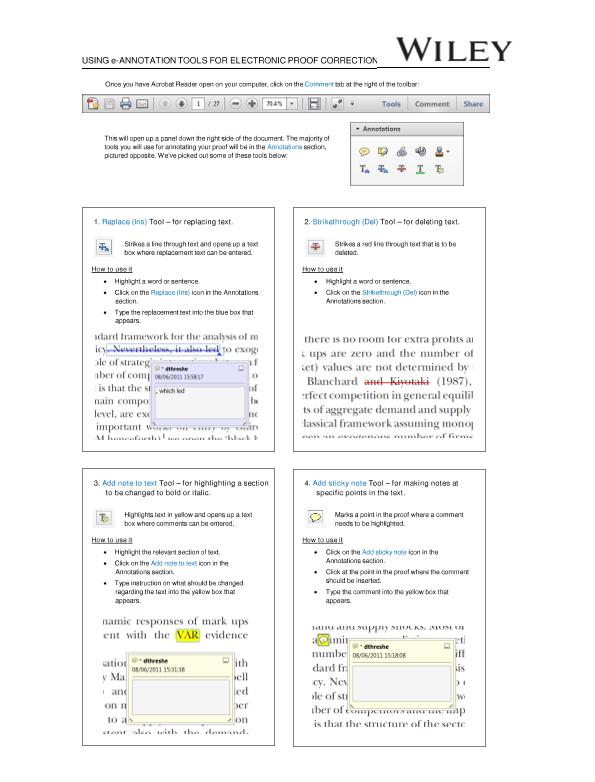Artículo
Preliminary findings on the effect of melatonin on the clinical outcome of cataract surgery in dogs
Fecha de publicación:
05/2016
Editorial:
Wiley
Revista:
Veterinary Ophthalmology (print)
ISSN:
1463-5216
e-ISSN:
1463-5224
Idioma:
Inglés
Tipo de recurso:
Artículo publicado
Clasificación temática:
Resumen
OBJECTIVE: Cataract is the most prevalent cause of blindness in dogs. Phacoemulsification (PE) is currently the surgical treatment of choice to remove the opaque lens; however, it is associated with varying degrees of postoperative inflammation. We assessed the effect of melatonin on postoperative complications of canine cataract surgery. ANIMAL STUDIED: Eleven diabetic and thirteen healthy owned dogs with cataracts. PROCEDURES: All dogs underwent cataract surgery by PE. The anti-inflammatory effect of melatonin was compared with the reference treatments: nonsteroidal anti-inflammatory drugs (NSAIDs) for diabetic dogs, and dexamethasone for nondiabetic dogs. Eyes were examined by means of clinical evaluation and intraocular pressure (IOP). RESULTS: In diabetic dogs, melatonin was more effective than topical and systemic NSAIDs in reducing the clinical score at 2, 7, and 20 days postsurgery, while it showed a similar efficacy to topical dexamethasone in dogs with hereditary cataracts. IOP decreased in all groups at 2 days postsurgery, but this decrease reached statistical significance only in diabetic dogs treated with NSAIDs, and persisted at 7 days postsurgery in this group. Afterward, IOP returned to normal values in all groups. Melatonin decreased the occurrence of surgical sequelae in diabetic and nondiabetic dogs. CONCLUSIONS: These results indicate that melatonin might constitute a useful tool for reducing postoperative PE complications in dogs.
Palabras clave:
Cataract
,
Dog
,
Melatonin
,
Phacoemulsification
,
Postoperative Complications
Archivos asociados
Licencia
Identificadores
Colecciones
Articulos(CEFYBO)
Articulos de CENTRO DE ESTUDIOS FARMACOLOGICOS Y BOTANICOS
Articulos de CENTRO DE ESTUDIOS FARMACOLOGICOS Y BOTANICOS
Citación
Sande Casal, Pablo Horacio; Alvarez, Javier; Calcagno, Javier Angel; Rosenstein, Ruth Estela; Preliminary findings on the effect of melatonin on the clinical outcome of cataract surgery in dogs; Wiley; Veterinary Ophthalmology (print); 19; 3; 5-2016; 184-194
Compartir
Altmétricas




